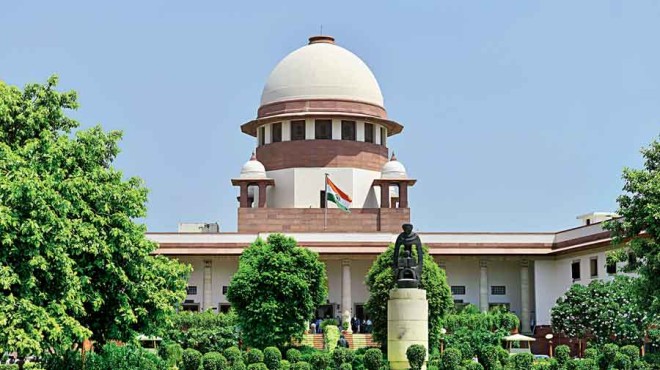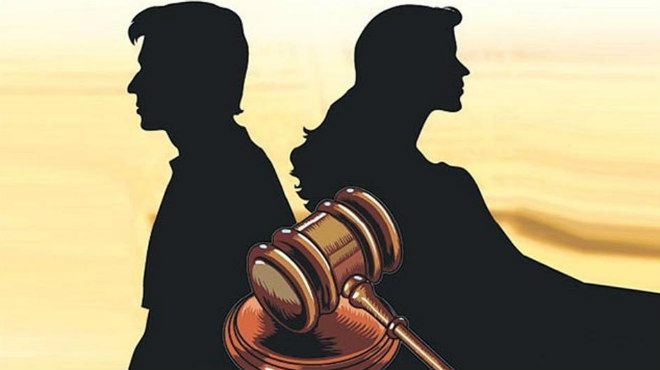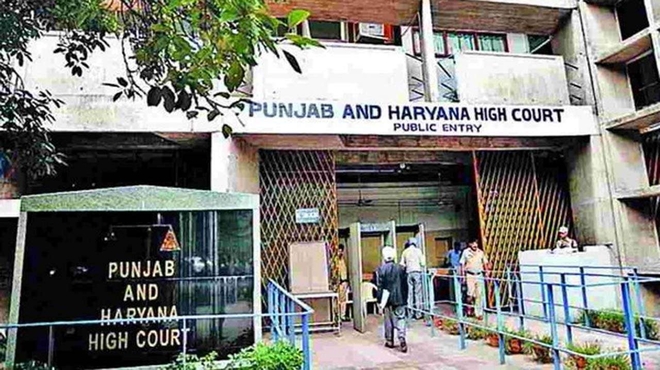DDA approves of cell towers in residential areas, cites “call drops” as reason
June 11, 2016
Thousands of protests later and after millions of letters were shot to the DDA regarding the installation of cell towers in residential colonies, it seems as if the DDA did not take any clue from it. Apparently, in a bid to address the menace of frequent call drops, the Delhi Development Authority (DDA) has amended the Unified Building Byelaws to allow cellphone towers in residential colonies. The changes, coming just over two months after the byelaws were notified, are likely to be opposed by RWAs that have cited concerns over radiation.
OUR TAKE
To be fair to the DDA, the choice was a tough one. After all, at one point of time it is like choosing the lesser evil- the hazards of cell towers in the residential complexes or the high number of call drops across the Capital. The DDA had to choose one or the other. Although, for the shorter period of time, it seems as if the DDA made the correct decision. In the long run though, things might not pan out the way they intended it to.
Latest Legal News
.jpg)
3 Bills to Renew India's Criminal Justice System presented in Lok Sabha; All you Need to Know

âSorry state of affairs' in PoSH Act implementation; SC orders Govts. to ensure ICCs are constituted


 641+ Lawyers are online
641+ Lawyers are online 


.jpg)


